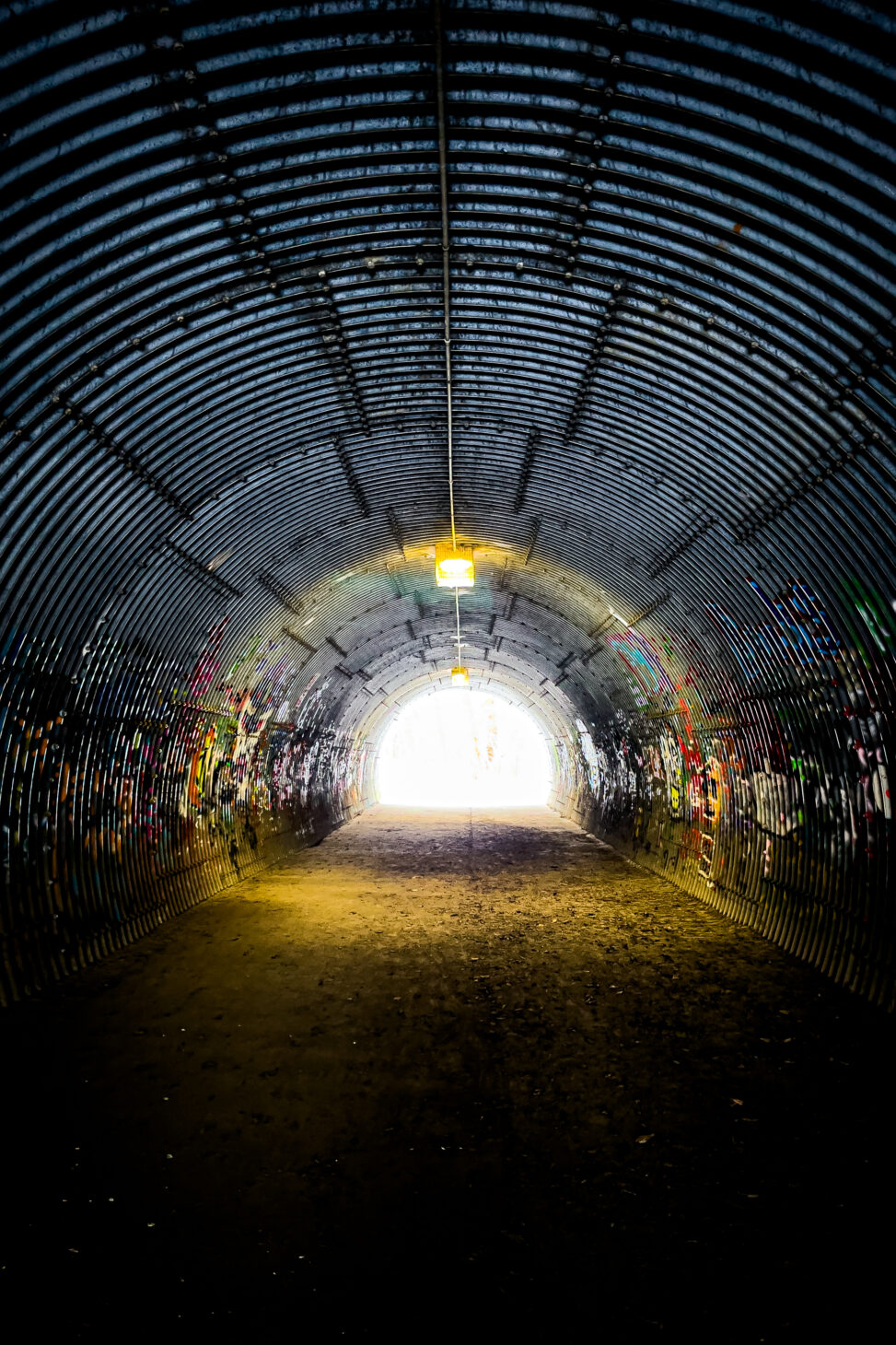I barely recognized him as he approached.
No longer firm in his strides, his chest cavity seemed completely hollow.
The warm spell of mid-February and its gentle breeze were proving too strong for him as he swayed mid-stride, barely able to stay upright.
With a smile, he sat next to me in the empty park.
A long, wordless exhale followed,
and we tapped our travel coffee mugs.
As we caught up,
I realized how hard the last five years had been on him.
A debilitating illness whose scars left him adrift into an unforeseen divorce,
a loss of a career due to barely being able to lift the lid of his laptop screen,
to the abandonment of his friends and family,
who grew tired of his silent form of suffering.
He never felt comfortable enough to complain,
he would go on to say.
In his previous life,
the athletic academic viewed himself above any form of objection.
Yet,
in his debilitated state,
whenever he felt the need to ask for help, he retreated in disgust.
Revulsion of the self became the new apartment complex where he resided.
Both physically and psychologically.
Life had changed for him in ways that no one ever prepares for.
Trauma, illness, war, and other maladies thrust upon us change us,
even if they do not change our surroundings.
Attempting to keep all of his relationships and industries afloat,
he warned me,
results for the unnecessary and needlessly difficult to be abandoned with no remorse.
Excuses,
he would go on to say,
would no longer have any foothold in his life.
As those in his life sought temporary exoneration for their absence,
he was left alone in his smaller apartment,
standing in silence,
dormant and entirely vacant,
or months.
Time no longer flowed the same for him as it did for the world of the healthy.
There were no beginnings nor any ends.
No deadlines.
No anniversaries.
No birthdays.
Just doctor’s appointments.
When his troubles first began, many, including myself, gave hopeful pep talks that all of this was temporary.
A half-decade on, it had become obvious to everyone who still cared that this was his life now.
You’ll see,
said a mutual friend whom we both lost contact with,
the light at the end of the tunnel will reveal itself to you,
they assured.
You’ll be back on your feet soon enough,
they said with a confidence that we both looked back on with grief.
That light at the end of your tunnel is still there,
I said as our time together that morning was coming to an end.
You can still see the end upon which you entered, and the exit is still with sight.
But in your case, they are now abstract, are they not?
He nodded his head in agreement.
It became apparent to both of us that this analogy of being stuck in a tunnel was a dreadfully painful one.
The tunnel was his life,
as he now knows it.
The lights on both ends represent the life that is long gone,
and one that he cannot let go of.
